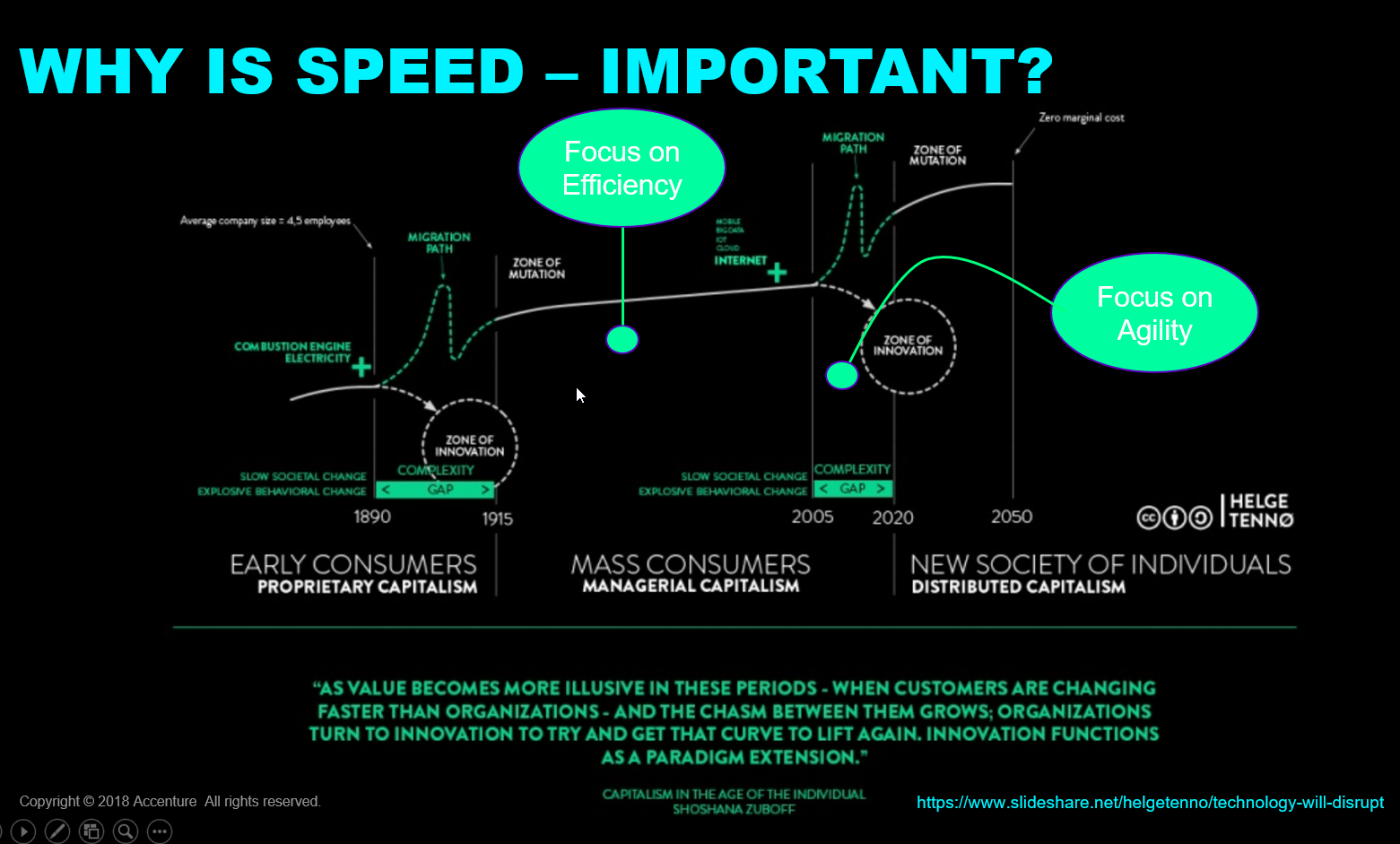Table of Contents
DevOps
What Is DevOps, Anyway?
Approach to culture, automation, and platform design to provide better business value and responsiveness
Goal: Increase speed and flexibility with which new features and services are delivered
https://en.wikipedia.org/wiki/DevOps
How it it different from SRE
Why are DevOps goals: speed and responsiveness - important?
Tools
- PeriodicTables of tools - https://xebialabs.com/periodic-table-of-devops-tools/
Development Operations Toolchain:
- Code – Code Development and Review, continuous integration tools
- Build – Version control tools, code merging, Build status
- Test – Test and results determine performance
- Package – Artifact repository, Application pre-deployment staging
- Release – Change management, Release approvals, release automation
- Configure – Infrastructure configuration and management, Infrastructure as Code tools
- Monitor – Applications performance monitoring, End user experience
Gerrit
TODO
Deployment / Update Strategies
| Rolling Deployment | Start one new instance, check health, stop one old. Repeat. |
| Recreate Deployment strategy | Stop old, start new. |
DORA and Metrics
DORA stands for DevOps Research and Assessment https://dora.dev/. It's a framework developed by a team at Google specifically to measure the performance of DevOps teams.
DORA isn't a set of practices, but rather a way to assess how well your DevOps practices are working by focusing on four key metrics:
- Deployment Frequency: How often does your team deploy code to production?
- Mean Lead Time for Changes: How long does it typically take to get a code change from commit to production?
- Change Failure Rate: How often do deployments fail?
- Time to Restore Service: How long does it take to recover from a deployment failure?
By tracking these metrics, teams can identify areas for improvement and work towards becoming high-performing DevOps teams. These high performing teams are typically able to deploy code more frequently, with fewer failures, and recover from failures more quickly.



